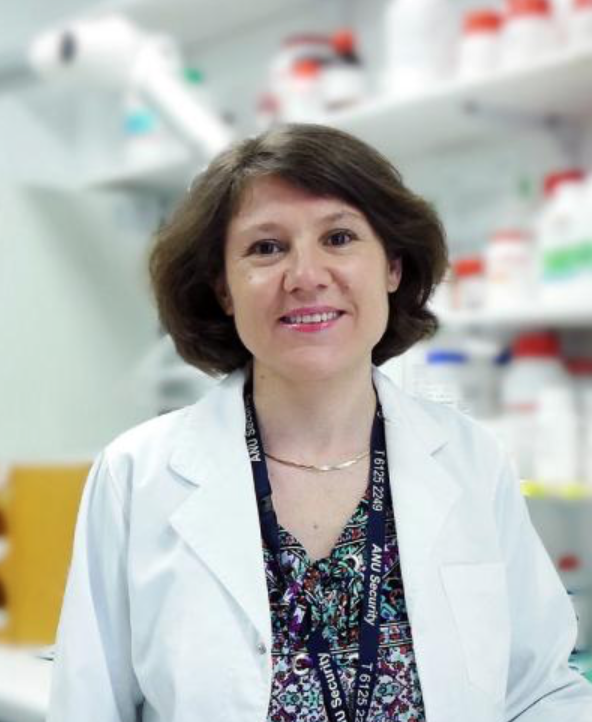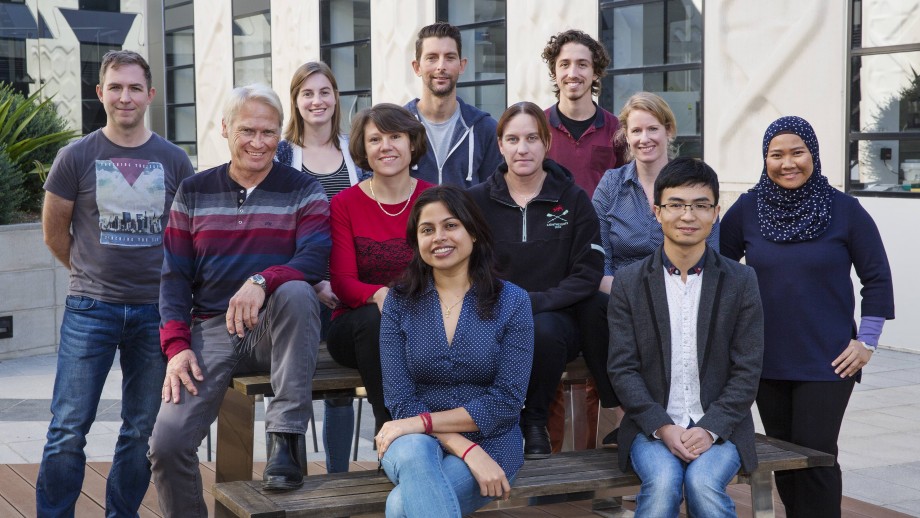Australian National University
Prof.
Tanya Soboleva
Investigating the epigenetic regulation of cell differentiation and cancer, focusing on the histone variant H2A.B and its role in transcription activation, RNA binding, and pre-mRNA splicing, with implications for male fertility, brain function, and cancer development.


Research Focus
The Soboleva group delves into the intricate interplay of epigenetics, cell differentiation, and cancer, investigating how epigenetic mechanisms orchestrate gene expression to maintain cellular identity while enabling adaptation to environmental changes. Their research focuses on understanding the role of epigenetic regulators in spermatogenesis and their implications in cancer, particularly emphasizing the histone variant H2A.B. This variant not only facilitates transcription by opening chromatin but also engages directly with RNA, influencing pre-mRNA splicing—a groundbreaking discovery that expands our understanding of epigenetic regulation. Through collaborative efforts, they aim to uncover novel mechanisms of epigenetic control coordinated by H2A.B, offering transformative insights into developmental biology and cancer biology alike.
Short Bio
Dr. Tatiana (Tanya) Soboleva trained in biochemistry at Moscow State University and earned her PhD in Molecular Medicine from JCSMR, ANU, in 1998. She conducted postdoctoral research on cytokine receptor activation before joining Prof. David Tremethick’s lab, where she co-discovered a histone variant involved in gene activation during spermatogenesis. Since 2012, she has led a subgroup in Tremethick’s lab and established her own group in 2019, focusing on spermatogenesis-specific epigenetic factors and their roles in cancer. Shine-Dalgarno Centre for RNA Innovation.

Potential Research Topics
These are some topics The Soboleva group is interested in finding answers to. If you are interested, submit an inquiry!
